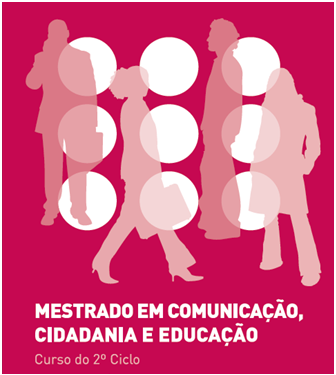O "Estado da Arte" na Educação para os Media: dois documentos do Reino Unido
A entidade reguladora dos media do Reino Unido, OFCOM, acaba de disponibilizar dois importantes documentos sobre educação para os media, da autoria de conhecidos especialistas, que fazem um ponto de situação sobre a literatura científica do campo. São eles:
- The Media Literacy of Children and Young People: A review of the research literature, por David Buckingham e uma equipa de colaboradores.
- Adult Media Literacy: A review of the research literature, por Sonia Livingstone, Elizabeth Van Couvering e Nancy Thumim.
"The following would seem to be some of the most important gaps in the field:
1. In terms of media, the most obvious gaps here relate to radio, mobile phones and online games. In each case, there seems to have been very little basic academic research on children?s uses of, or exposure to, these media, at least in the UK.
2. Other, more specific areas of media that are in need of further research include: children?s use of interactive television; the use of video camcorders; and children?s responses to new media genres, such as reality TV.
3. In relation to population groups, younger children (aged 8 and below) have been very much neglected, particularly in research on the internet and other new media. There is also a lack of research relating to specific disabilities, and of work looking in more detail at the influence of ethnicity and religious background.
4. In relation to the internet, there has been a considerable amount of research about access, but relatively little about how children understand or use different forms of internet content. Research now needs to explore children?s responses to particular areas of content; and how they evaluate the reliability of the information they find.
5. Marketers are increasingly employing a wider range of commercial strategies across different media platforms, such as product placement, sponsorship, direct marketing, data mining, and branding. There is a need to research children?s awareness of such strategies, and their responses to them.
6. Of the three areas identified in Ofcom?s definition, ?create? is the one that is by far the most neglected by research. It is important to know much more about children?s experience of media production not just in the context of education, but also (particularly) in the context of the home and the peer group.
7. In respect of formal education, the most significant absence in our view relates to progression. Educators need a coherent model, based on research, of what and how children should be learning about media at different stages of their school career. This would require some form of longitudinal study.
8. In informal education, there is a need for a more sharp-edged critical evaluation of the kinds of claims that are typically made about the benefits and outcomes of such work for different groups of young people".





Sem comentários:
Enviar um comentário